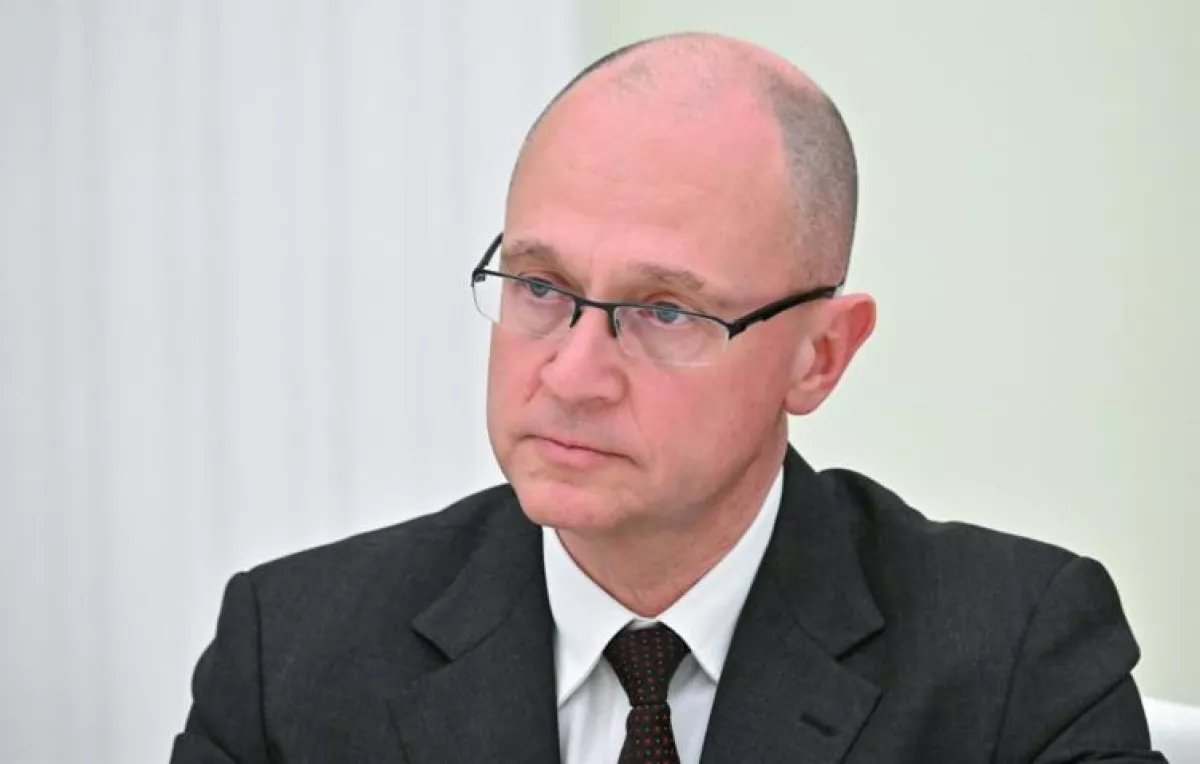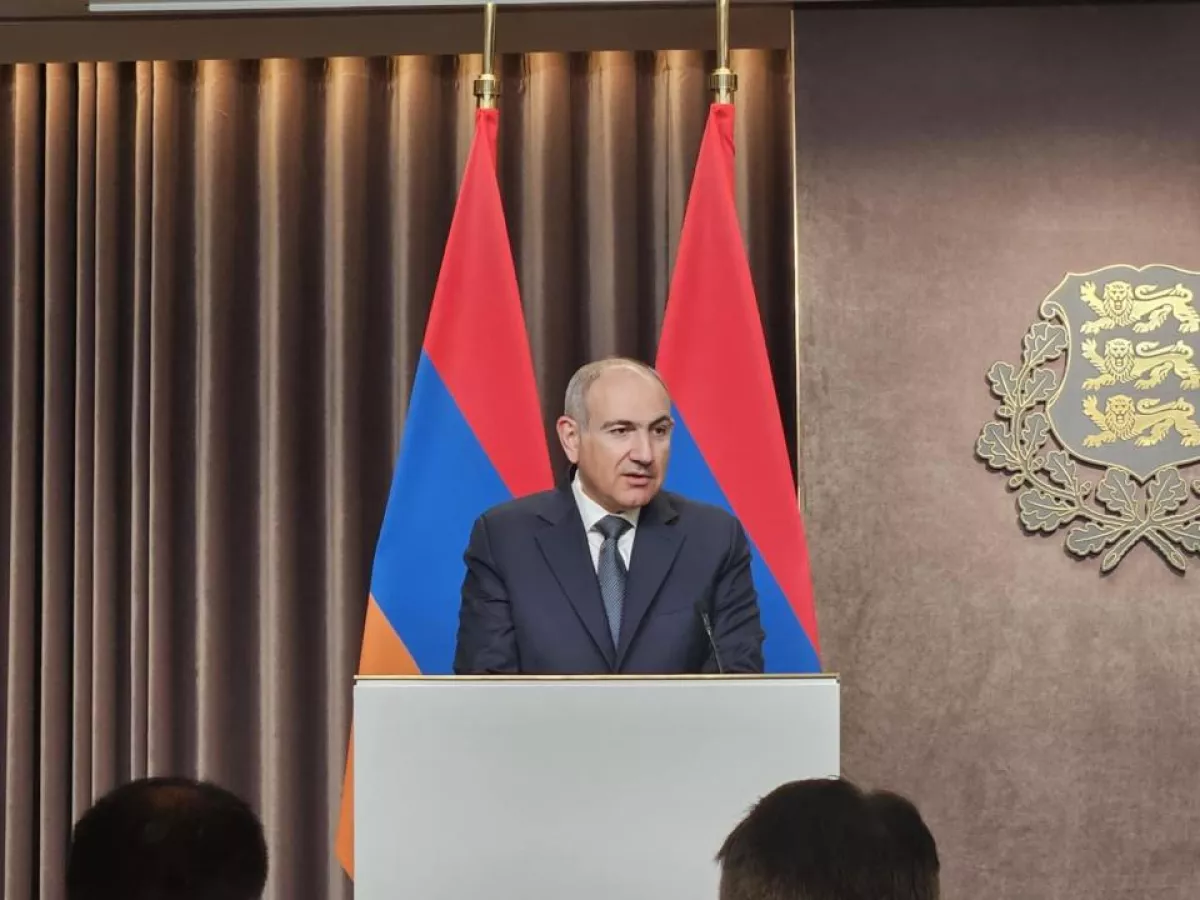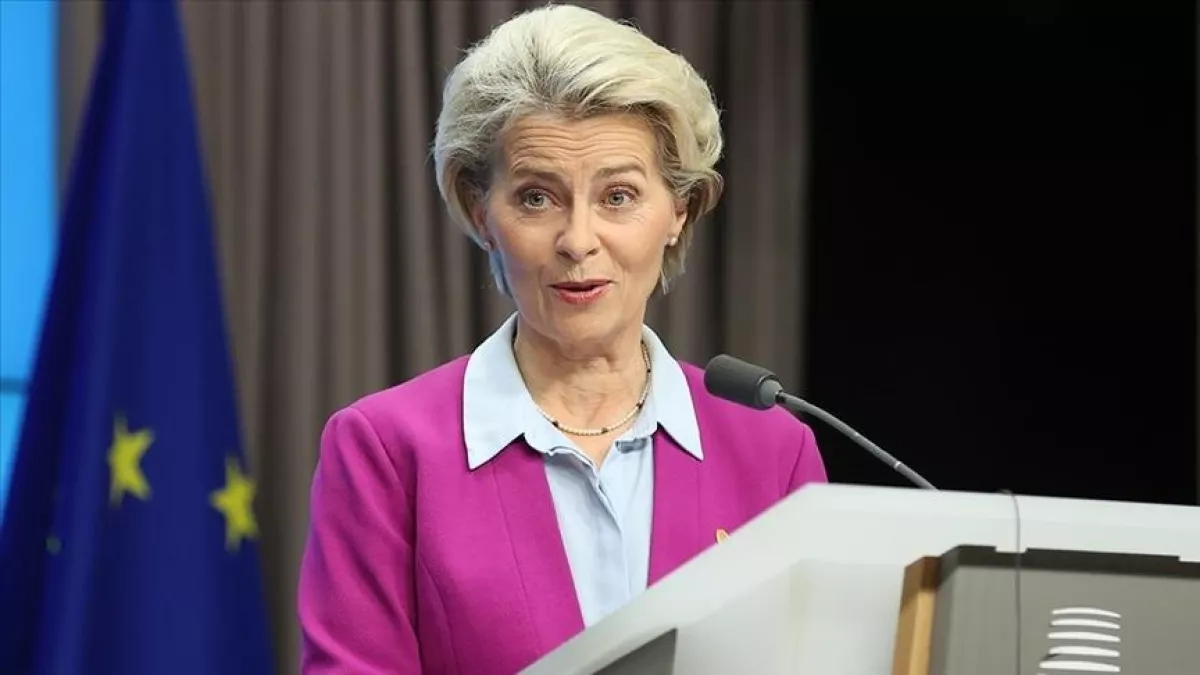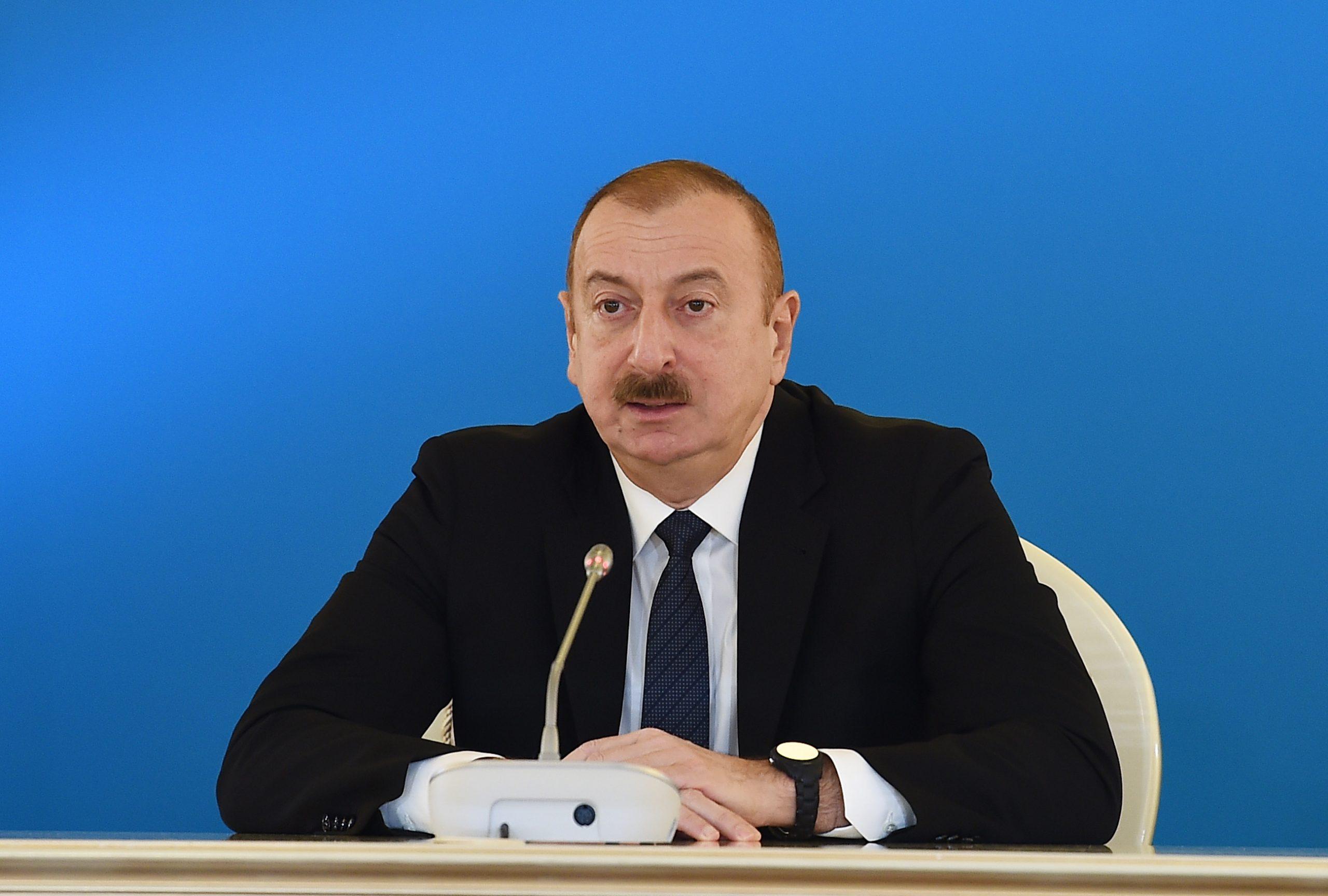Yerevan’s anti-Georgian game Brussels backs Armenia, upsets regional balance
It has become standard practice for Georgia to demonstrate a “symbolic balance” in its relations with Armenia, against the backdrop of genuinely close and strategically important ties with Türkiye and Azerbaijan. The latest such gesture was a diplomatic overture toward Yerevan — on April 29, 2025, Georgian President Mikheil Kavelashvili paid an official visit to Armenia, where he met with his counterpart, Armenian President Vahagn Khachaturyan, Prime Minister Nikol Pashinyan, and the Catholicos of All Armenians, Garegin II.
Since the Georgian President’s visit to Armenia took place shortly after the “genocide” remembrance day on April 24, Mikheil Kavelashvili also visited the memorial complex in Tsitsernakaberd. In doing so, while displaying diplomatic tact and, to some extent, even pandering to Armenian nationalist myths, the Georgian authorities attempted to minimise the traditional attacks and accusations from Armenian nationalists of holding a “pro-Turkish position.” However, it is unlikely that this will stop the intrigues of both wings of the Armenian lobby — pro-Russian and pro-Western — against Georgia and Georgian statehood.
Following Mikheil Kavelashvili’s visit to Armenia, Russian media published information that, while not directly related to Georgia, helps answer the question of why Moscow suddenly halted efforts to normalise relations with Tbilisi — a process which, as is well known, is inconceivable without the restoration of Georgia’s territorial integrity.

The Russian outlet Vedomosti reported that Sergey Kiriyenko, First Deputy Chief of Staff of the Russian Presidential Administration, along with his subordinates, has also begun to focus on the Armenian issue. It is worth noting that Kiriyenko was previously involved in working with separatists in Abkhazia and the so-called South Ossetia, where he managed to install Badr Gunba — a figure fully acceptable to the Armenian community and lobby — at the head of the puppet regime in Sukhumi. It should be recalled that the Armenian community in Abkhazia is strongly opposed to reunification with Georgia, as is the Armenian lobby in Russia.
On May 1, 2025, direct flights from Russia to the Sukhumi airport were launched — a move that is entirely illegal from the perspective of Georgia and the international community. However, for Armenian citizens, this development makes the occupied Abkhazia even more accessible, not to mention the benefits it brings to the Armenian community in Abkhazia and Armenian businesses, which control a significant share of the tourism sector in the separatist territory. In this way, Sergey Kiriyenko is already “appeasing” ethnic Armenians by offering them convenient access for “leisure” and, in the longer term, potentially facilitating resettlement to the “accessible” and climatically attractive Georgian region of Abkhazia.
Vedomosti also reports that the Armenia-related portfolio is being handled by structures under Kiriyenko’s control: the Directorate for Domestic Policy (headed by Andrey Yarin), the Directorate for Monitoring and Analysis of Social Processes (headed by Aleksandr Kharichev), and the Directorate for Public Projects (headed by Sergey Novikov).
It is assumed that Kiriyenko will promote Russian interests in Armenia through "soft power" — “the approach will be similar to what was done during the last elections in Abkhazia,” notes a source close to the Russian Presidential Administration.

The Kremlin expects that Nikol Pashinyan will win the upcoming elections in Armenia regardless: “But the point is not the elections, it's about Russia maintaining its presence there.”
The fact that oversight of both separatist regions and Armenian relations is concentrated in the hands of structures led by Sergey Kiriyenko points to Russia’s intention to once again “anchor” Armenia to itself.
It can be assumed that the Russian-Armenian lobby — known for its deeply anti-Georgian stance — has not abandoned its attempts to strengthen influence in Yerevan at Georgia’s expense, by creating a “coastal enclave” for Armenian nationalists in occupied Georgian Abkhazia.
The West, meanwhile, is not lagging behind Russia and is also trying to draw Armenia to its side — likewise at the expense of Georgia’s interests.
The attitudes of both Russia and the West toward Armenia and Georgia are strikingly biased. Duplicitous Armenia remains a “favourite” of both Moscow and Brussels, and is forgiven much. Despite its ostentatious pivot toward the EU and NATO, Armenia continues to be a member of the Eurasian Economic Union (EAEU) and the Collective Security Treaty Organization (CSTO), reaping their benefits. While Russia launched a full-scale war against Ukraine for its aspiration to join NATO and the EU, Armenia profited handsomely from the re-export of Russian goods — including gold and diamonds — circumventing Western sanctions. The West turned a blind eye to this, while demanding strict compliance with its sanctions policy from Georgia.
Western and Russian “well-wishers” constantly “lecture” Georgia, criticising it for displays of sovereignty and independence. Russia occupies 20% of Georgia’s territory, has expelled most of the ethnic Georgian population, recognised puppet regimes, and has no intention of reversing that recognition.
Nevertheless, the West, at the slightest sign of “disobedience,” accuses Georgia of “serving Russian interests,” threatening sanctions and “Maidan-style” uprisings. Armenia, meanwhile, is forgiven even for its alliance with both Russia and Iran.

It is particularly telling that after Armenia adopted a law in March 2025 initiating the process of joining the EU, the European Union announced its intention to redirect transit along the Middle Corridor through Armenian territory, bypassing Georgia. This decision, announced by Ursula von der Leyen at the Central Asia Leaders’ Summit, triggered a sharp response from Azerbaijani President Ilham Aliyev, who stated in a speech at ADA University on April 9, 2025:

"But there was not a single word about Georgia. As if Georgia did not exist. This is unfair, and the attitude towards Georgia's internal process in the European Commission is absolutely unacceptable. This is the behaviour of colonialists. They try to look at the will of the Georgian people through the principles of a colonial past. This is absolutely unacceptable, and the people of Georgia know that we are with them, and the government of Georgia knows. The internal issues of Georgia must be resolved by the Georgian people, not by bureaucrats from Brussels. So, with respect to all that, we need to strengthen our partnership between Georgia and Azerbaijan."
Meanwhile, Western interference in Georgia’s internal affairs is often carried out via Armenia. Armenian NGOs have supported the “pro-Western Maidan” in Tbilisi from the very beginning, directing funding and resources to the movement. While the protest momentum in Georgia is becoming increasingly marginalised, Armenia is experiencing a wave of “pro-European euphoria” following its parliament’s decision to begin the process of joining the EU. Armenia is attempting to play the role of “first violin” in the region, yet genuine accession to the EU is impossible without Georgia. Hence, the danger that Armenia may begin “forcing” Georgia into Europe through its various levers of influence — at the cost of Georgia’s sovereignty.
Even more dangerous is a scenario in which Georgia becomes the battleground for a conflict between the pro-Russian and pro-Western Armenian lobbies. In such a case, the emergence of a “second front” within the country is entirely plausible.
Vladimir Tskhvediani, Georgia, exclusively for Caliber.Az








